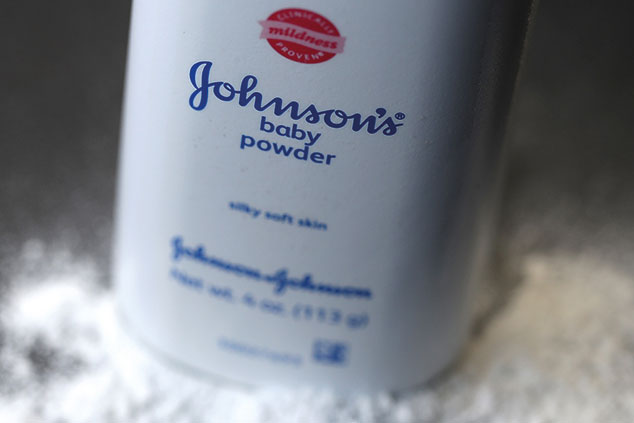
Shares in Johnson & Johnson (J&J) jumped by more than 5% this week. No wonder, says Jan Hoffman on Bloomberg. An Oklahoma judge ordered the company to pay “far less” than expected in the first trial involving a state seeking compensation for the public-health crisis spawned by opioid painkillers.
The judge said J&J had created a “temporary” public nuisance by “duping” doctors into overprescribing its opioid-based medications. But the $572m payment was much lower than the $17.5bn Oklahoma had been seeking. The case has been closely monitored by around two-dozen opioid makers, distributors and retailers facing more than 2,000 similar lawsuits around the US.
The verdict may have given investors “some hope” that opioid litigation “won’t be as destructive as some on Wall Street have feared”, says Charley Grant in The Wall Street Journal. However, they should “hold the celebration” since the “cloud hanging over drug stocks won’t clear up soon”. Future lawsuits will be heard in different courts. The unpredictable nature of litigation means these companies “could owe nothing; a sum that bankrupts them and sends their share prices to zero; or any outcome in between”.
The judgment was “important for reasons that go beyond the dollar figure attached to it”, says Jay Willis for gq.com. It was based on “public nuisance…theory”, the same principle behind the “massive lawsuits filed against the tobacco industry in the mid-1990s”. That led to a $250bn payment – “the largest civil settlement in US history”.